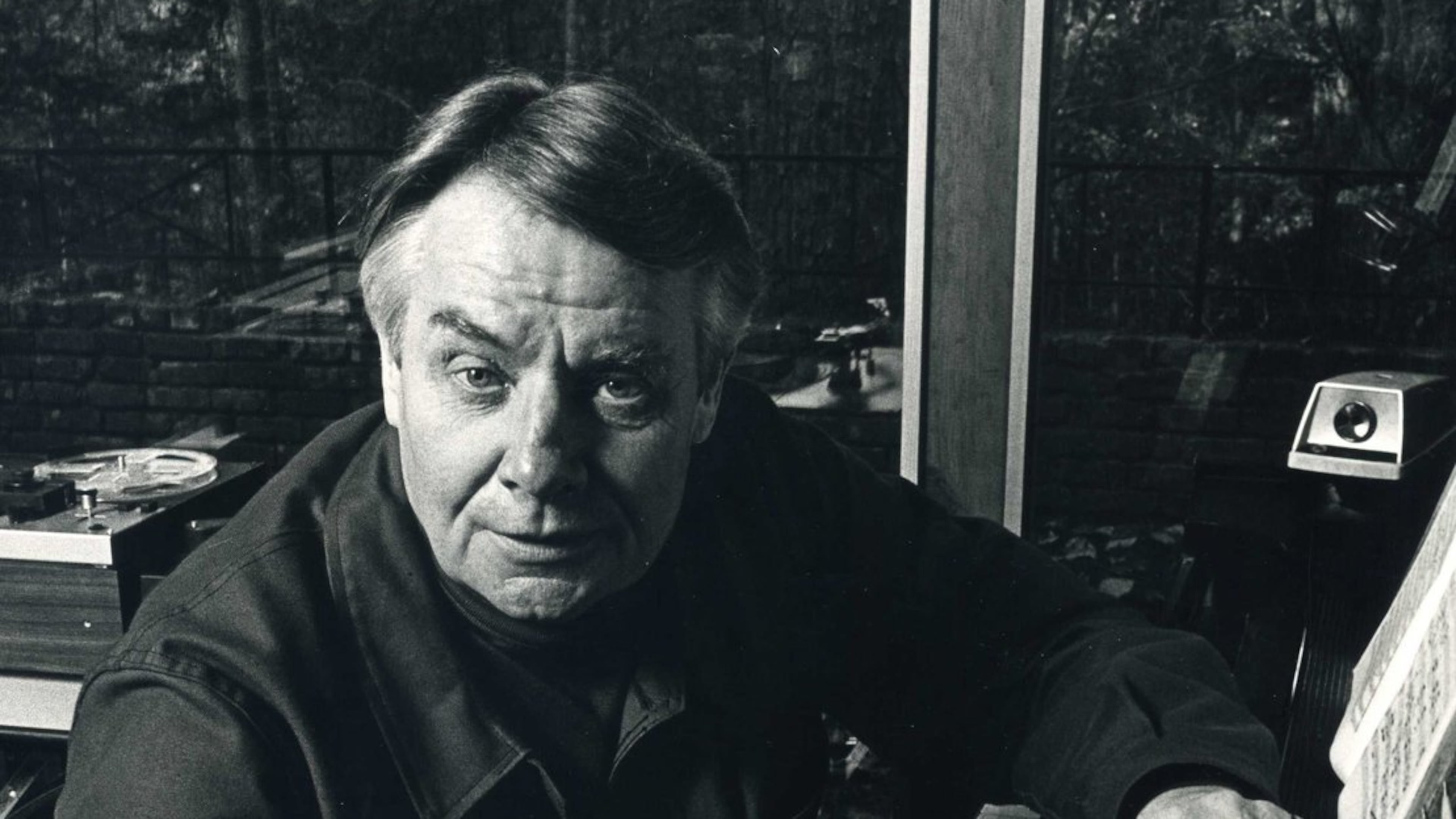Tribute to ASO’s Robert Shaw celebrates his centennial

This year is the 100th anniversary of the birth of Robert Shaw, the architect of classical music in Atlanta.
Shaw came to Atlanta in 1967 to become the new director of the Atlanta Symphony Orchestra, and he transformed that organization from a group of semiprofessionals to an ensemble of international reputation.
"He single-handedly created something in Atlanta that was world-class," said business executive Bradley R. Currey, former chairman of the symphony's board and former chairman of the Woodruff Arts Center. Shaw died Jan. 25, 1999.
Currey will be among those speaking Sunday at the Woodruff Arts Center, in a special tribute to the late conductor. The event, sponsored by the Metropolitan Atlanta Association of Phi Beta Kappa and the ASO, will acknowledge Shaw's lasting contribution to the arts in Atlanta and his influence in music around the world.
Among the speakers:
- Robert Blocker, editor of "The Robert Shaw Reader," a collection of the letters of the conductor to his various choruses, including the ASO Chorus that he founded in 1970. "He was also a tireless advocate for new music, for the serious study of music and for the role of art as an agent for the advancement of human dignity and justice," Blocker said.
- Composer T.J. Anderson, who in 1969 Shaw appointed as the composer-in-residence of the ASO, the first African-American to hold such a position with a major orchestra. Anderson also orchestrated "Treemonisha," an opera by Scott Joplin that was given its first stage production under Shaw's direction in 1972.
- Laura Ardan, who in 1982 was appointed by Shaw as the principal clarinetist of the ASO and now holds the endowed Robert Shaw chair with the orchestra.
While Shaw is best known for his ability to create breathtaking choral performances, Ardan insists that his influence on the orchestra was equally masterful.
James Flannery, an organizer of the tribute, recalls convincing Shaw to conduct a choral workshop during the 1993 Yeats International Theatre Festival that Flannery produced in Dublin. “I knew that Shaw had had a huge commitment to using the arts to promote social justice,” said Flannery, professor emeritus of Irish studies at Emory University.
Shaw gathered 250 singers from Northern Ireland and the Republic of Ireland and created a cohesive choir. Flannery cites that moment as a significant contribution to the ending of The Troubles in that divided country.
“If you’re really going to talk about peace and reconciliation, you have to understand and recognize the value of the culture of other people,” Flannery said. “You have to go out of your way.”
EVENT PREVIEW
A tribute to Robert Shaw
3-5:30 p.m. Nov. 20. Free; tickets are available on a first-come, first-served basis. Rich Auditorium, Woodruff Arts Center, 1280 Peachtree St., Atlanta. www.atlantasymphony.org.


